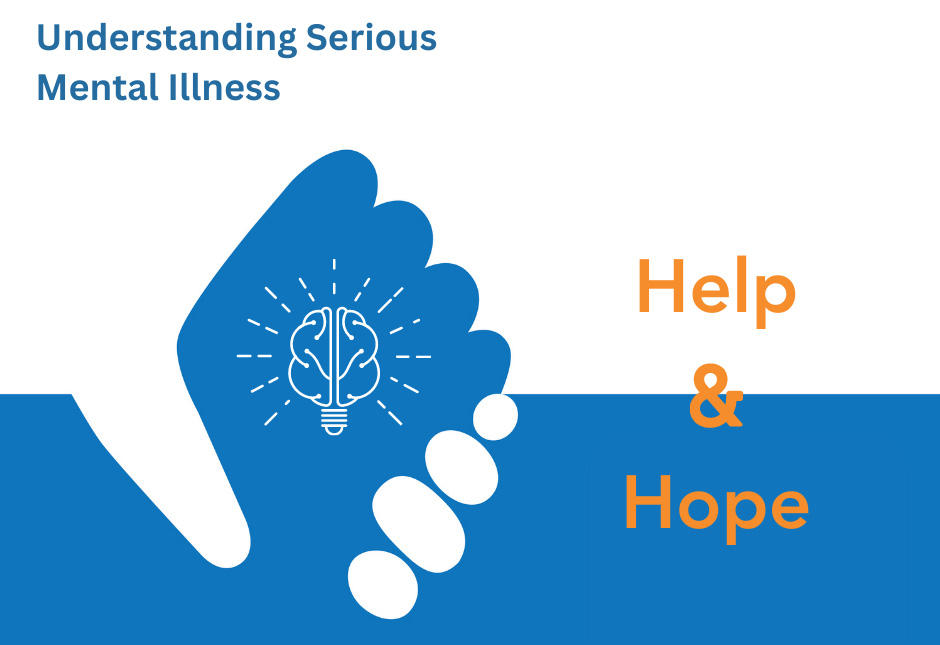In recent years, the conversation surrounding mental health has garnered increased visibility in Canada. Although awareness has surged, a disconcerting trend persists: a societal tendency to downplay serious mental illness. This perplexing paradox raises critical questions about societal attitudes and the underlying reasons for this dismissal.
First and foremost, one must examine the stigma that echoes throughout Canadian communities. Despite progressive movements advocating for mental health awareness, many individuals still harbor outdated notions that conflate mental illness with weakness. Such perceptions often lead to dismissal of the issue, degrading serious conditions into mere personal shortcomings. For instance, anxiety and depression, though frequently termed as commonplace struggles, can evolve into serious mental health disorders that undermine the quality of life for millions.
Furthermore, the cultural backdrop in Canada plays a pivotal role in shaping these perspectives. The ethos of resilience and stoicism, often lauded as Canadian virtues, discourages overt expressions of vulnerability. This cultural inclination can result in an environment where individuals grapple with serious maladies in silence, viewing their suffering as a private battle rather than a communal concern. Consequently, many Canadians may overlook the urgency of addressing serious mental health issues.
Education, or the lack thereof, is another significant factor contributing to the nonchalance surrounding mental illness. A comprehensive understanding of mental health is essential to foster empathy and support. Unfortunately, educational institutions often neglect to integrate robust mental health education into their curricula. This deficiency perpetuates misconceptions and anxiety about seeking help, leading individuals to view mental health issues as trivial rather than serious illnesses deserving of support and treatment.
The impact of digital media cannot be ignored in this discourse. The proliferation of mental health discussions on social platforms can create a false sense of comprehensive understanding. While online platforms undoubtedly provide valuable information, they often lack the depth required to comprehend the complexities of serious mental illness. As a result, trivializing mental health issues becomes an inadvertent consequence, with users often conflating memes and anecdotes with genuine understanding of the challenges individuals face.
Lastly, healthcare accessibility remains a pivotal concern. While Canada boasts a public healthcare system, access to mental health services is often curbed by long wait times and insufficient resources. The gap between demand and supply can lead to a perception that mental health isn’t a priority, resulting in many individuals enduring severe conditions without adequate intervention. As a result, serious mental illness can become obscured within the larger dialogue, further perpetuating societal negligence.
To propel the dialogue surrounding serious mental illness forward, Canadians must cultivate a more nuanced understanding. This imperative involves dismantling stigma, enhancing education, and advocating for better access to mental health services. Only then can society begin to acknowledge the profound gravity of serious mental health issues and address the needs of those who suffer in silence.
